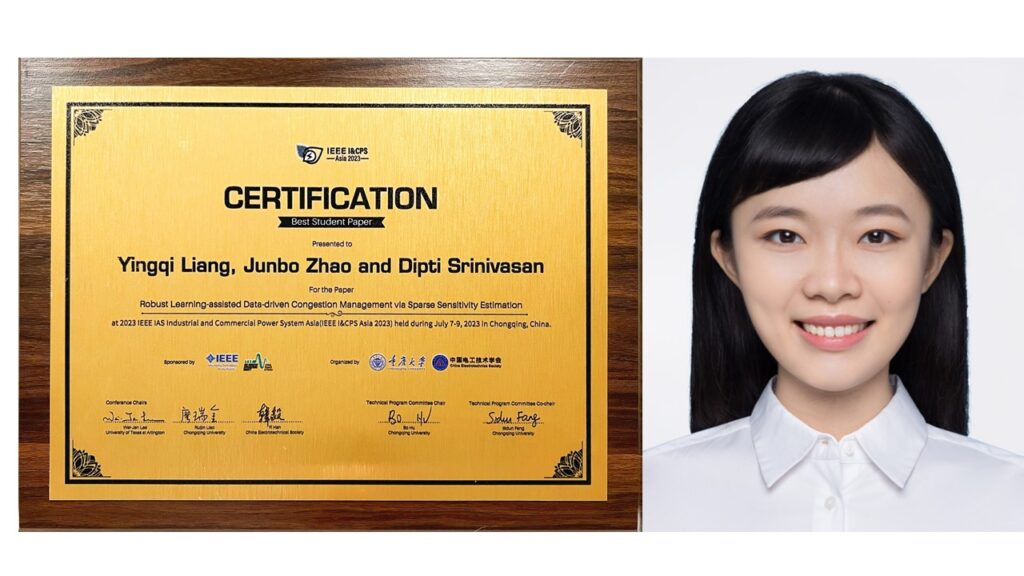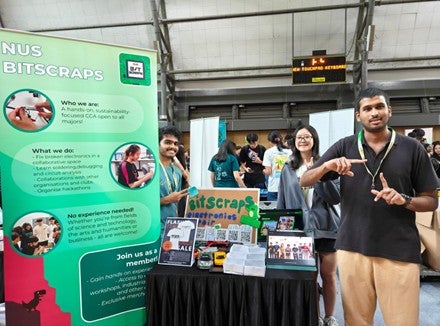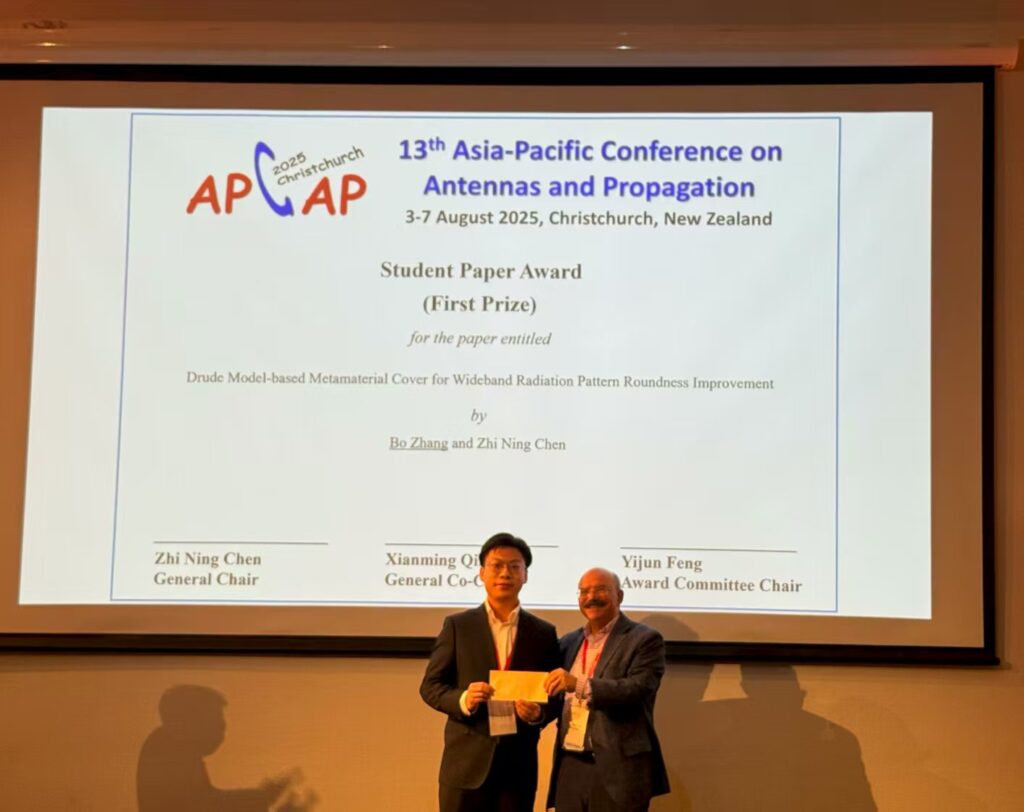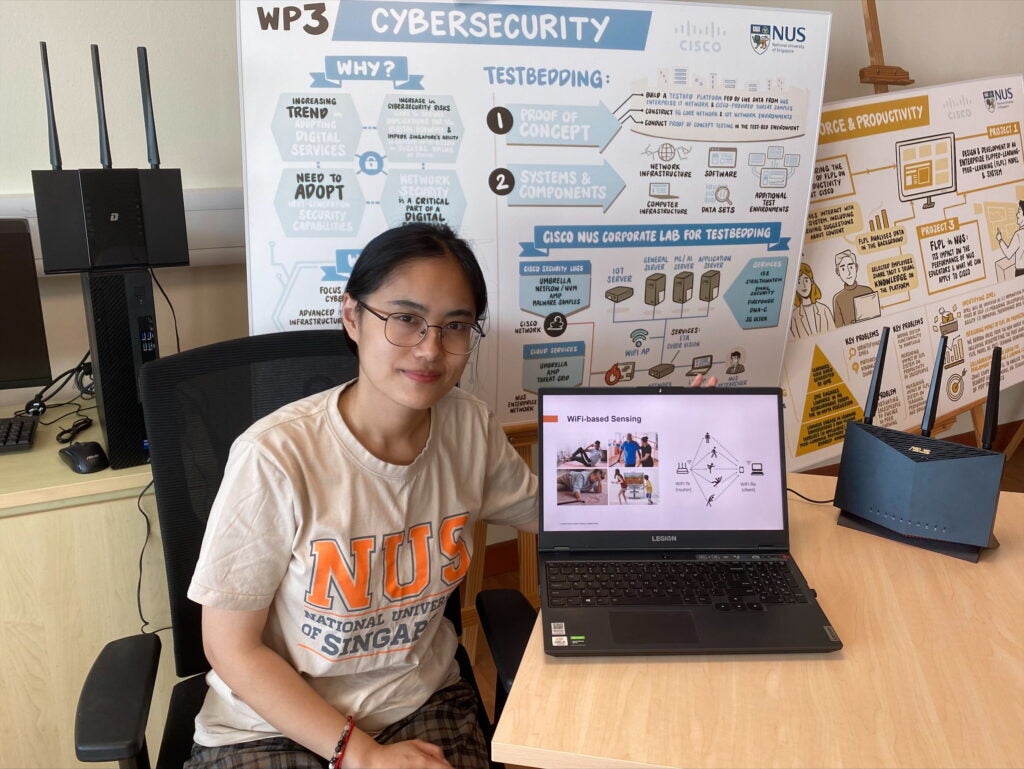
Congratulations to the research team, led by Professor Dipti Srinivasan, who recently won the Best Student Paper Award at the 2023 IEEE IAS Industrial and Commercial Power System Asia (IEEE I&CPS Asia 2023) for their paper entitled “Robust Learning-assisted Data-driven Congestion Management via Sparse Sensitivity Estimation”. The first author of this paper is Professor Dipti’s PhD student Miss Yingqi Liang at NUS ECE, and the other co-author includes Dr. Junbo Zhao (Assistant Professor at University of Connecticut). This paper was orally presented at the conference during July 7-9, 2023, in Chongqing, China.
The IEEE I&CPS Asia conference is the annual flagship power system conference sponsored by the IEEE Industry Applications Society (IAS). About 400 papers were presented to the conference this year, and 3 paper awards were issued. The selection process for awarded papers was rigorously based on the review score of the written paper and the quality of the conference presentation. The awarded paper will be recommended for possible publication in IEEE Transactions on Industry Applications, the top journal in electrical industry applications fields.
The work performed by Professor Dipti and her team reported a novel robust learning-assisted data-driven congestion management strategy by embedding a new sparse estimation method of power flow sensitivities. “The data-driven sparse sensitivity estimation can promote constraint reduction to build more tractable, timely, and robust surrogates of high-dimensional optimization problems for congestion management against renewable energy and cyber-physical system uncertainties. This paper thus yields a new implication for general optimization-based power system operation applications, especially in large-scale systems. That is, model-less, robust, and efficient operations can be achieved via embedding sparse sensitivity estimation into optimization problems,” stated Professor Dipti.





